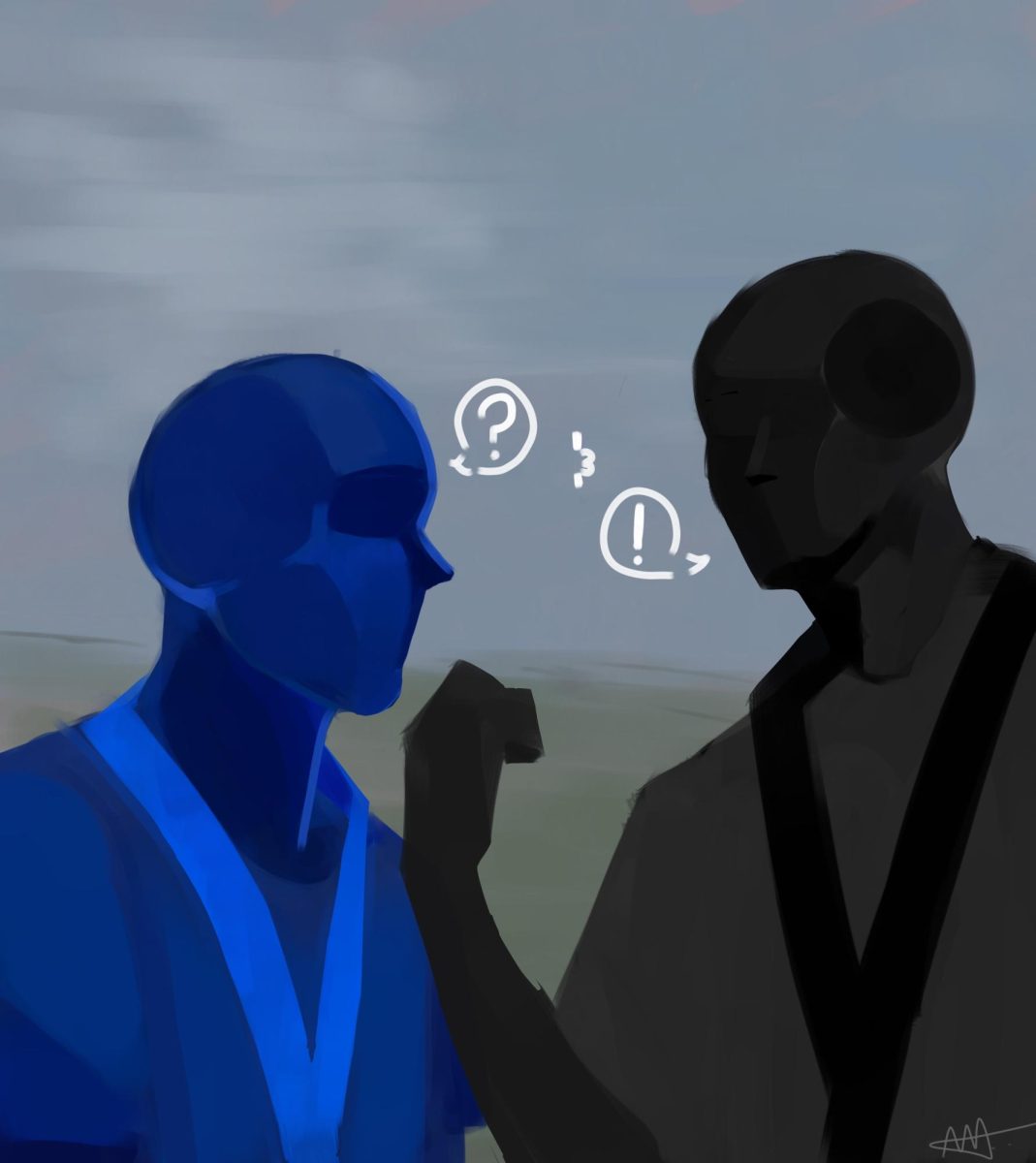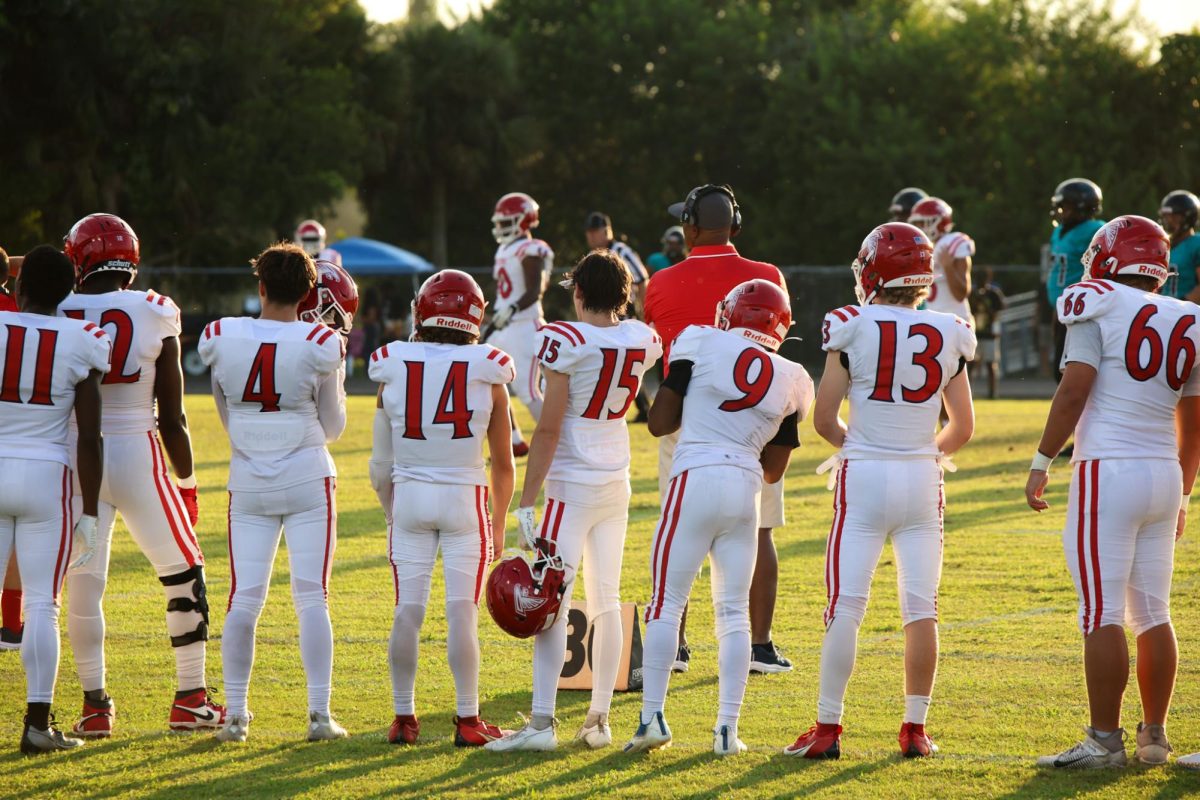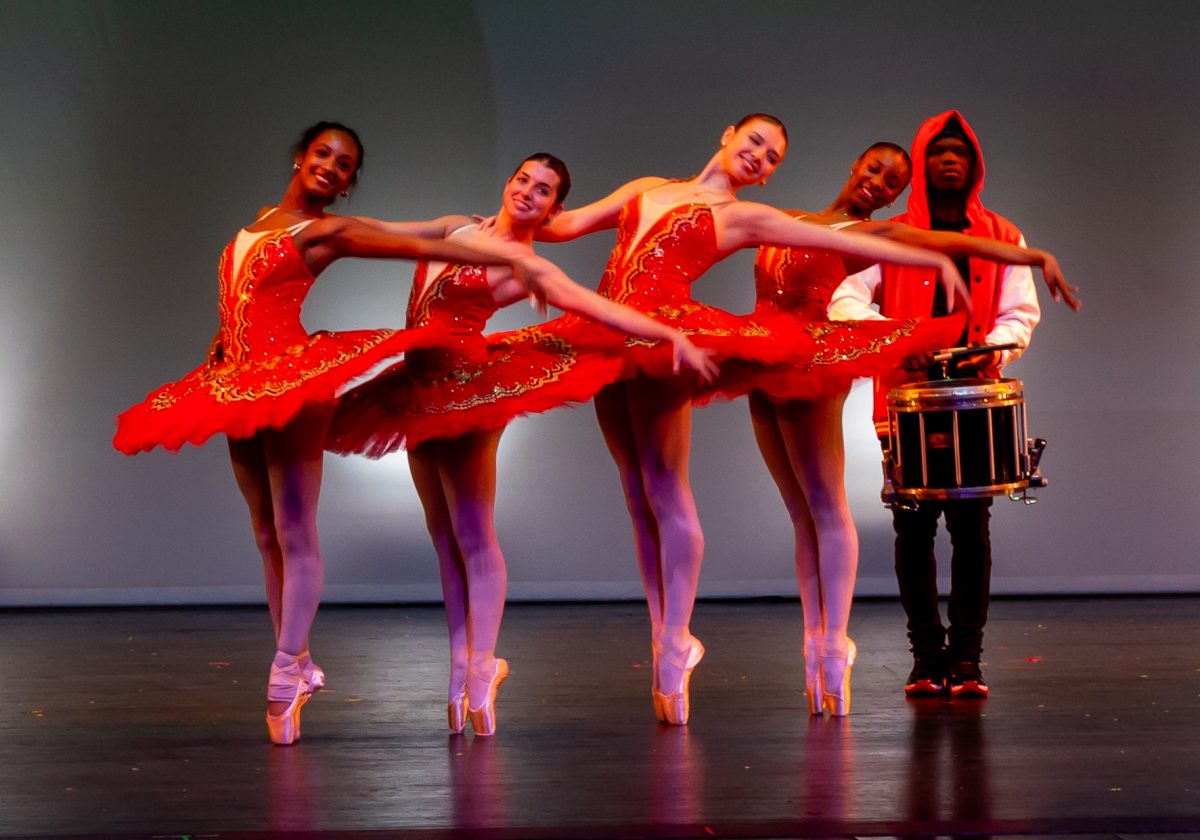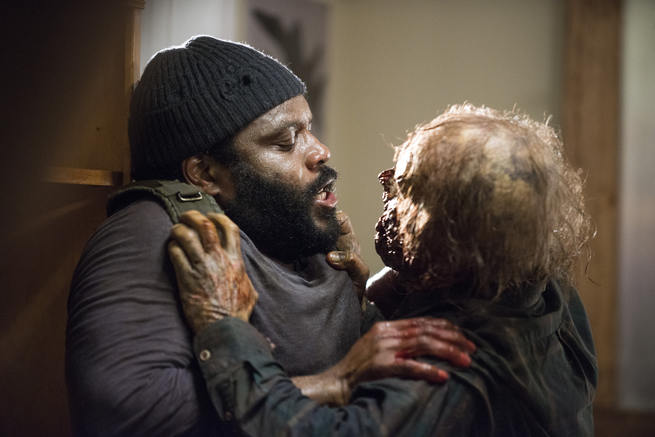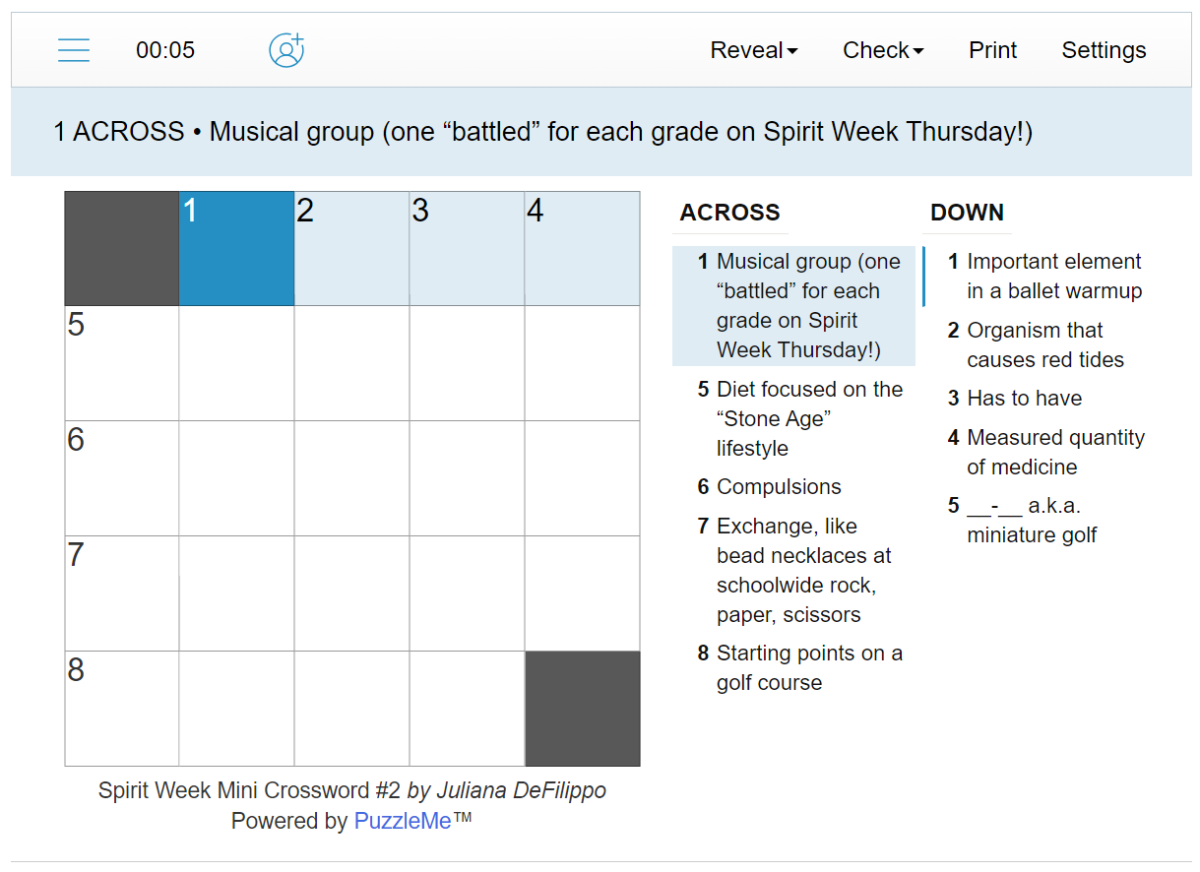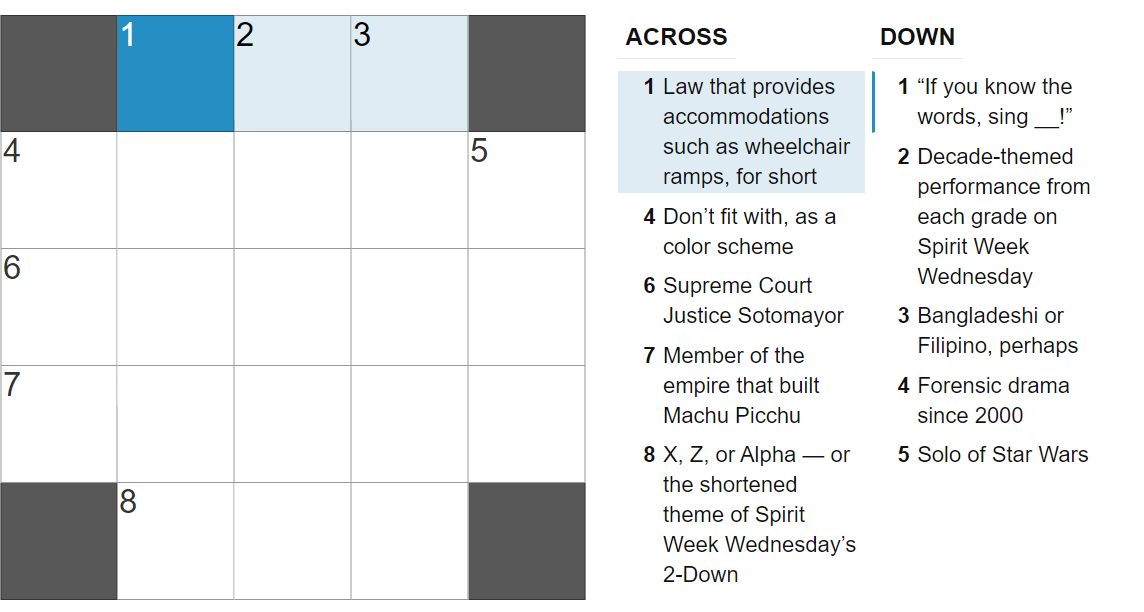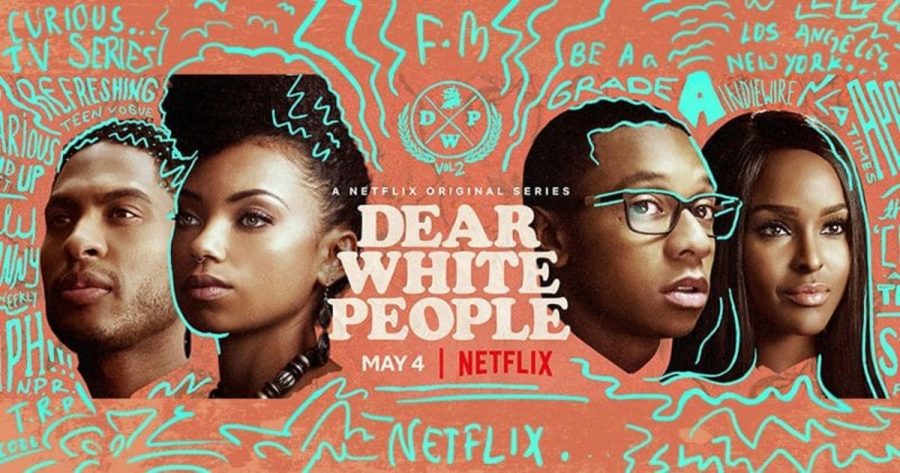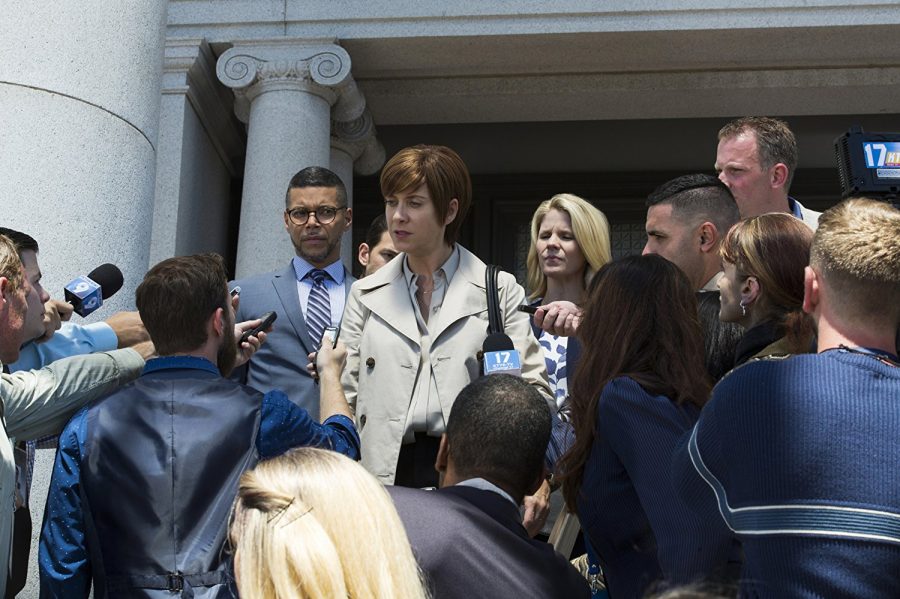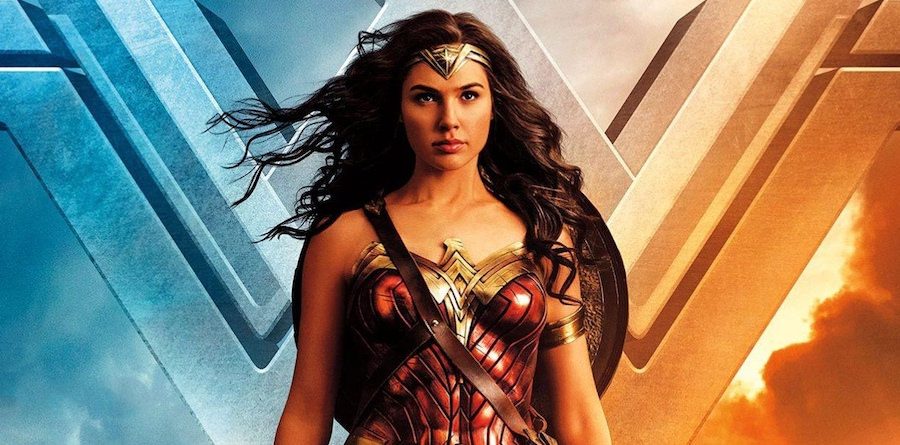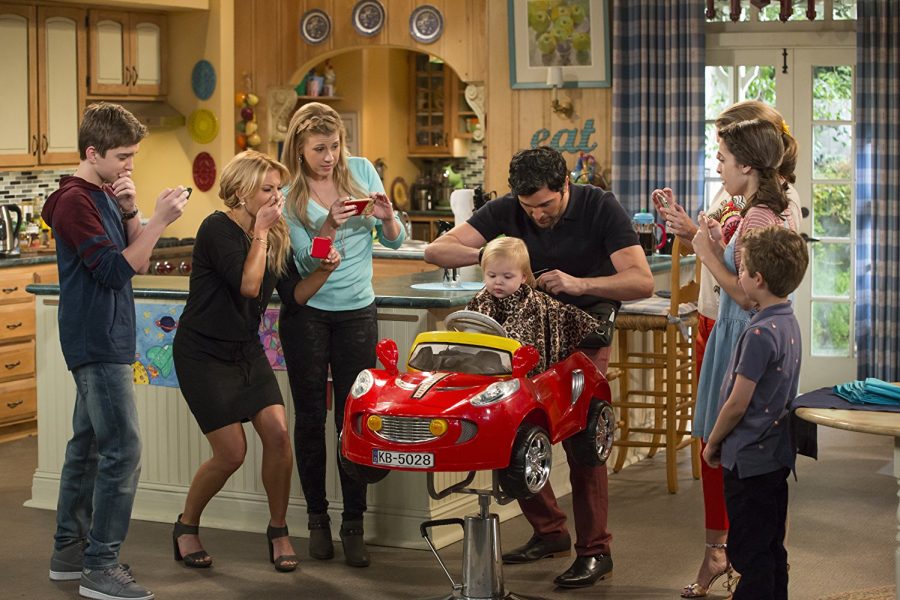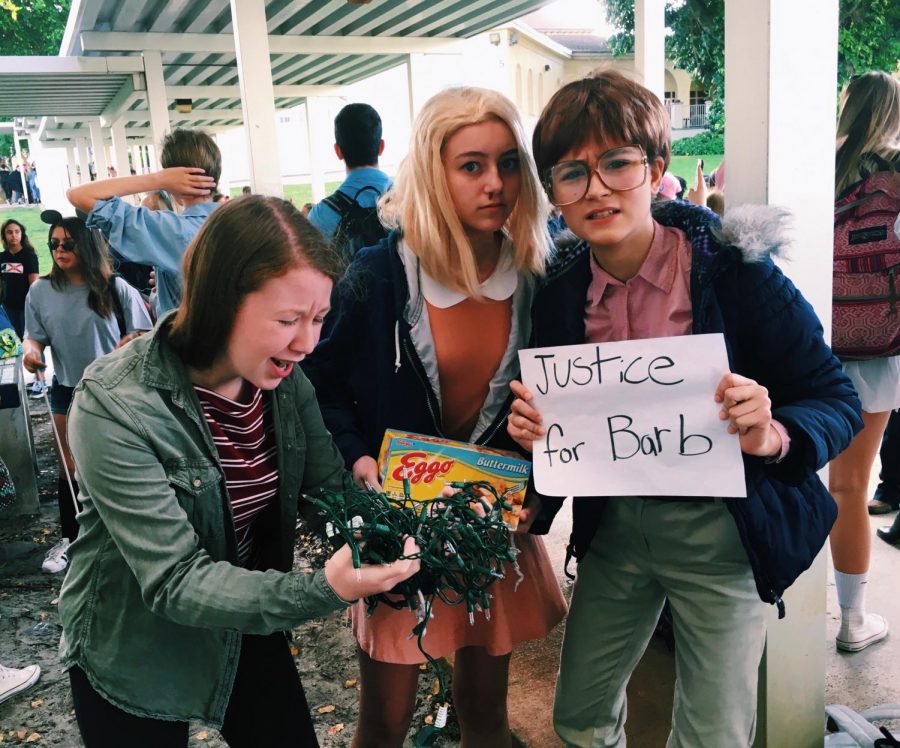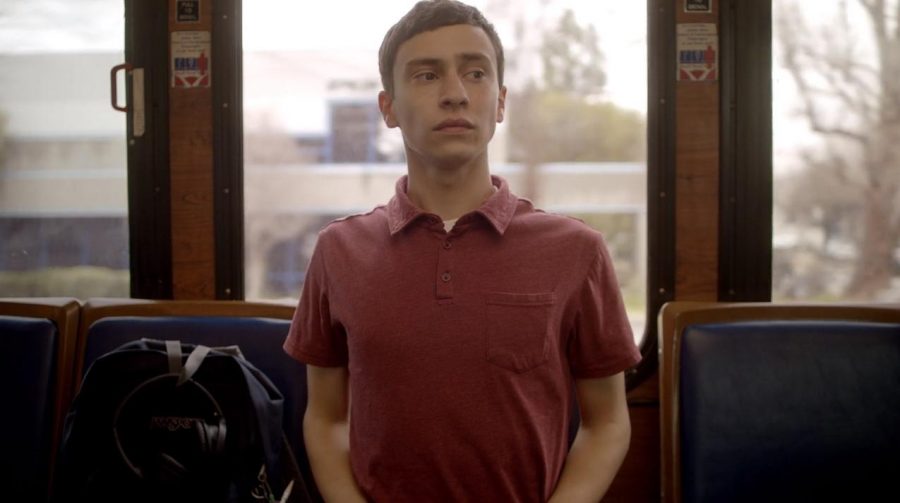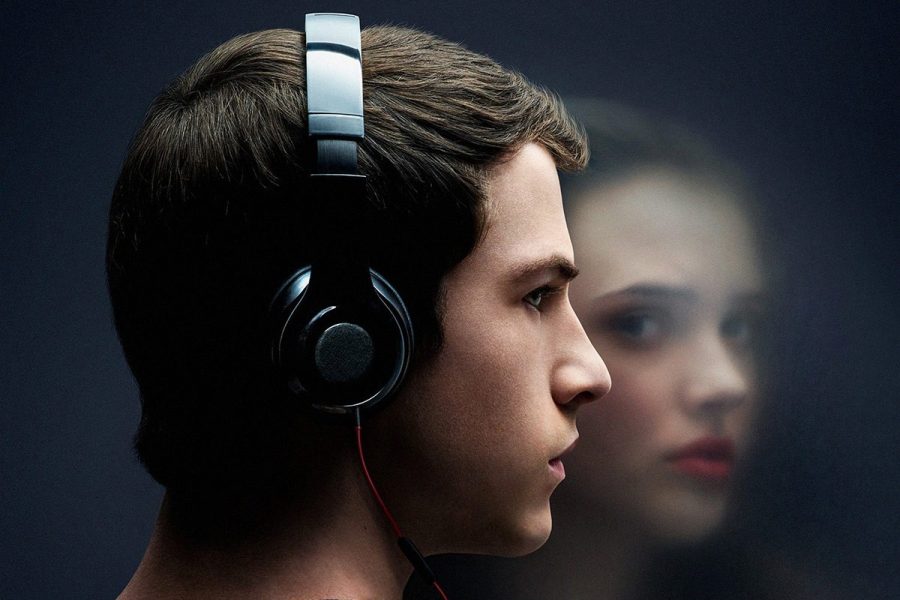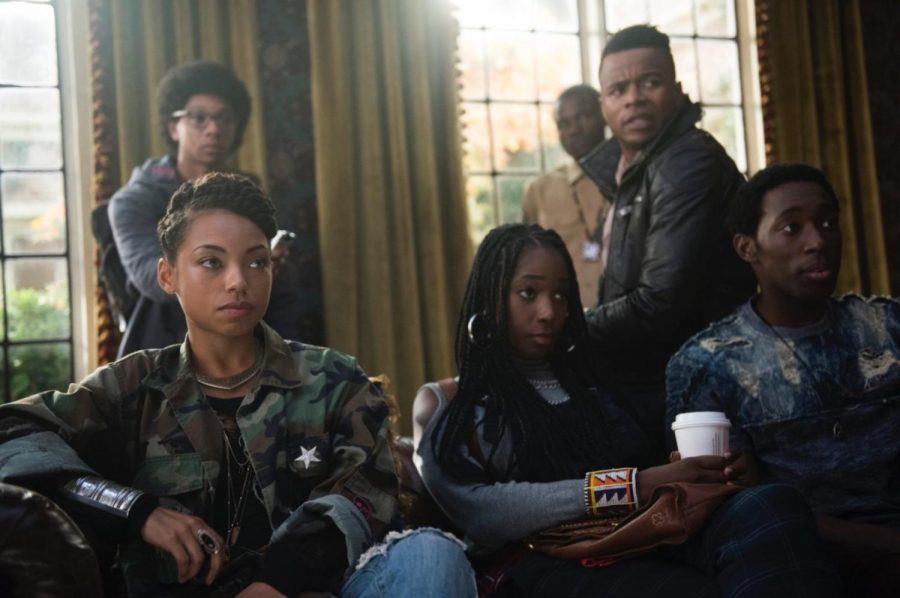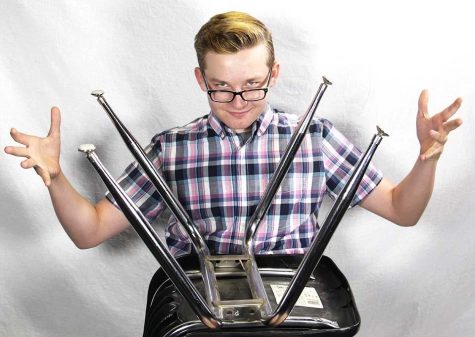After a few months of withdrawal, I finally feel at ease again knowing that “The Walking Dead” has returned. After the midseason finale, featuring the death of Beth Greene and the conclusion (thank goodness) of the ridiculous and inconsistent hospital story arc, I had little hope that the post-apocalyptic drama would ever rebound from it’s Season 4 misfire. “What’s Happened and What’s Going On” proved me wrong (thank goodness) and showcased not only a phenomenal midseason premiere, but one of the most memorable and artistic episodes of “The Walking Dead “to date. Without further adieu, let’s delve into what really matters about episode nine, and what you may have not caught.
The simultaneous death and character peak of Tyreese came as a massive shock coupled with massive tears, but his death was not in vain plot-wise. The nihilistic premise of “The Walking Dead” has never been brighter. A notable pattern in character deaths has become rather conspicuous. Who have we lost in the past two seasons? Hershel, Beth, Bob, Tyreese. Notice anything? Each of these characters was distinct from the rest of the cast due to one trait that was integral to their characters: remaining staunch in the preservation of their morality and their outlook on life. As we know, the past two seasons have focused heavily on the theme of the regression of the human race to more primal ways of functioning and the difficulty of clinging to very thin threads of hope. Tyreese’s death represents something more than his own reconciliation. It ties together what we were supposed to have learned from the past two seasons: The only ones who can survive this world are those who embrace it. Tyreese’s blood loss induced hallucinations were a personification of the conflicting philosophies of “The Walking Dead,” and in the end, we get an interesting conclusion.
Tyreese first sees Martin, the cannibal who, though he threatened to break baby Judith’s neck, was spared by Tyreese. Martin refers back to his first encounter with Tyreese, in which he told the gentle giant that he would die because he prioritizes humanity over practicality. Martin was in many ways correct, as Tyreese never killed another human being and often struggled with killing the undead. Tyreese begins to realize that Martin’s cynical philosophy was correct, and that Tyreese’s values were unfit for the state of the post-apocalyptic world. He continues to taunt Tyreese by suggesting that if Tyreese had killed him when he had the chance, Bob might still be alive. Bob appears to negate that claim, reassuring Tyreese that in the end, he was bitten and death was inevitable regardless of the cannibal incident. Next up are Lizzie and Mika, who try to comfort Tyreese but are interrupted by the Governor, who lambastes Tyreese not seeking revenge against those who wronged him. A debate ensues between the hallucinations, each representing a subjective philosophy. As Tyreese writhes, fraught from the internal conflict overwhelming him, he comes to a decision. Firing back and condemning the Governor, Tyreese declares that the good can survive. The good have to survive or there will not be a world worth returning to. In his swan song monologue, the meek, former NFL linebacker asserts:
“I didn’t know who I was talking to. I said I would do what I had to to earn my keep, but I didn’t know you. But I know… I know who I am. I know what happened and what’s going on. I know. You didn’t show me shit. You, you’re dead. Everything that you were is dead. And it’s… it’s not over. I forgave [Carol] because… it’s not over. It’s not over… It’s– it’s not over. I didn’t turn away. I kept listening to the news so I could do what I could to help! I’m not giving up. You hear me? I’m not giving up! People like me… people like me, they can live. Ain’t nobody got to die today.“
Unfortunately, at the end of the episode, we learn that Tyreese was wrong. Tyreese tearfully requests his hallucinations to turn off the metaphorical radio, and Tyreese’s eyes flitter for a final time as he, the last hearth of hope from our group, gives up. Beautiful cynicism.
What is the prevailing philosophy, then? The good people can’t survive, because even the strongest of wills succumb to the brutality of a broken world. You either die the person you were, or continue to survive a life that is hardly worth living. The latter are the one’s who grab the bulls by the horns; the prior keep waving the red cape until they slip up.
The tragedy is not the death of Tyreese. The tragedy is the death of and ideology that defines mankind. As our characters aimlessly trudge along a seemingly unending path of despair, it is uncertain if they will ever be able to be who they once were. In the words of Gareth, Rick, and Abraham, “We don’t go back.”





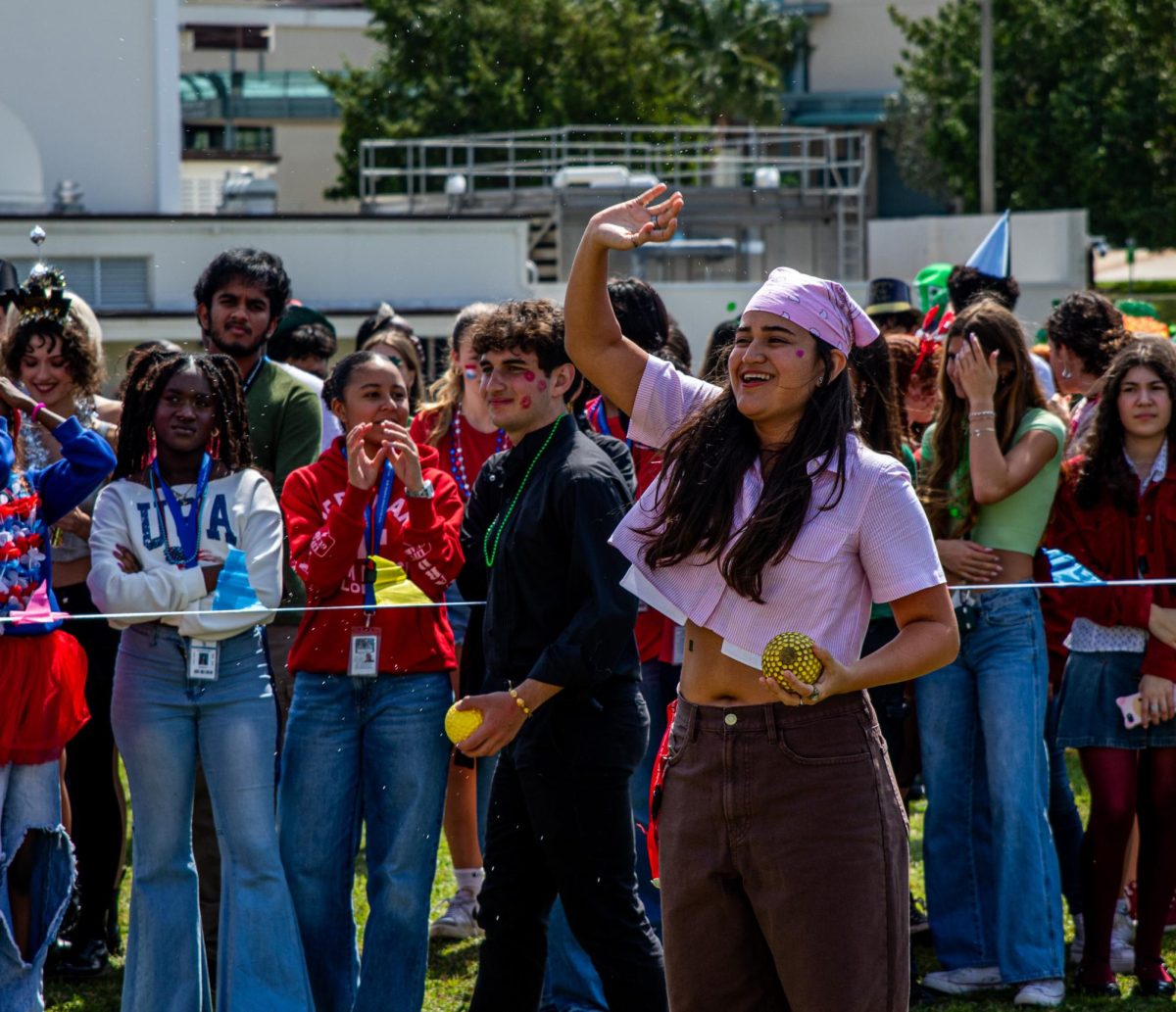
![[BRIEF] The Muse recognized as NSPA Online Pacemaker Finalist](https://www.themuseatdreyfoos.com/wp-content/uploads/2025/03/IMG_2942.jpeg)



















